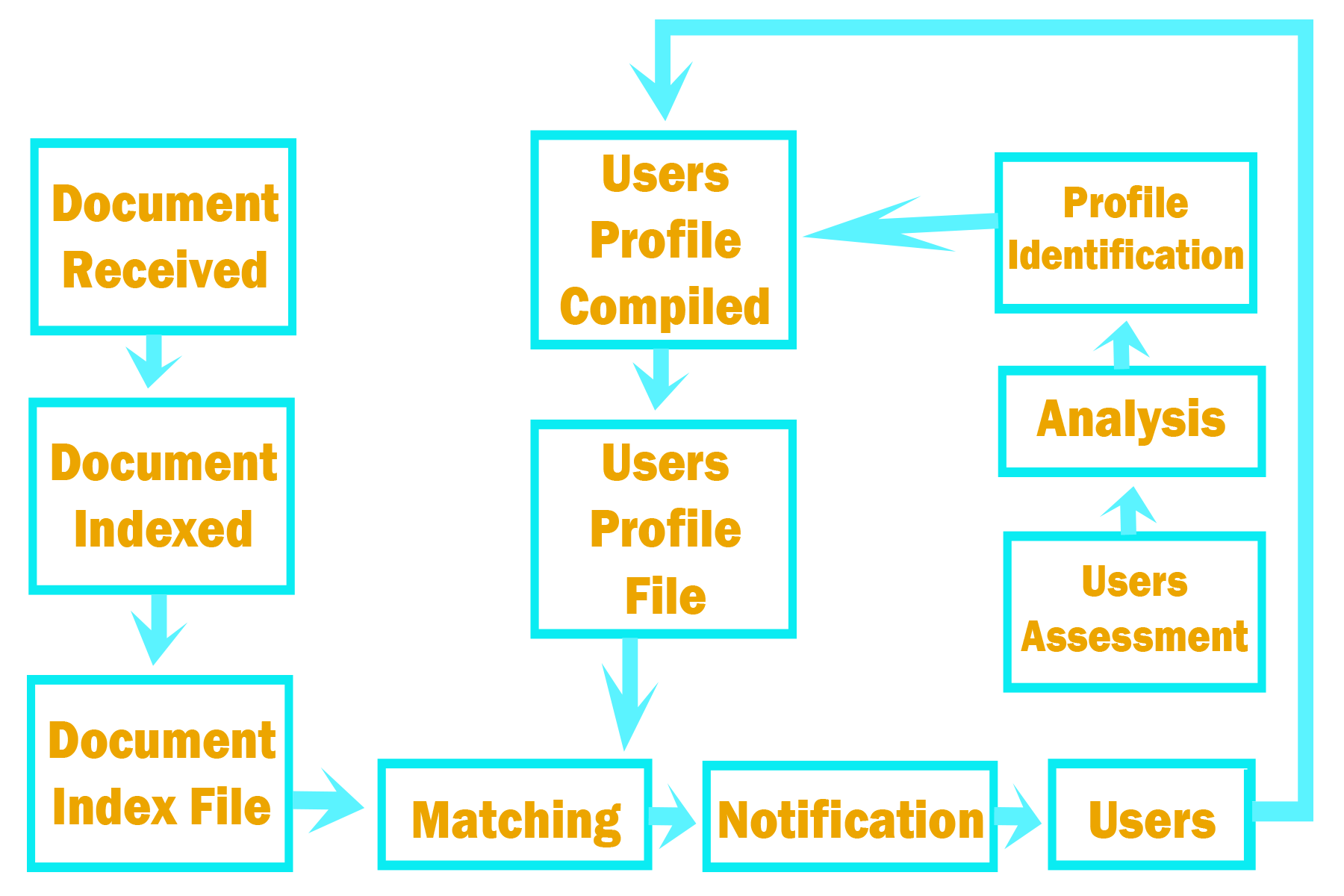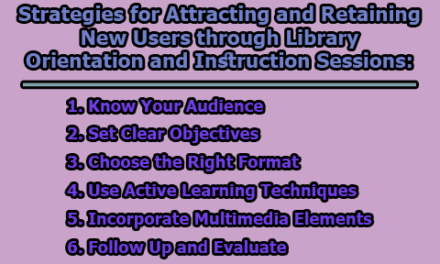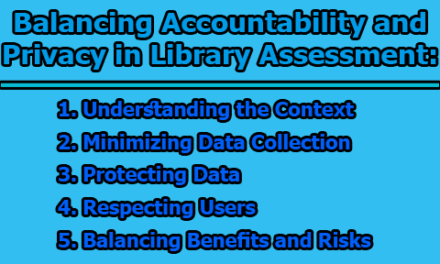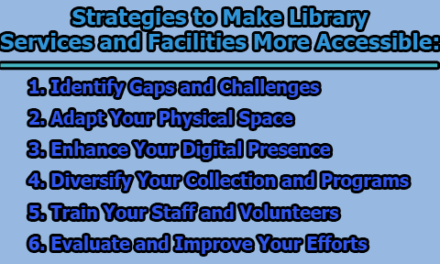Analyze the History of Libraries and the Role of Modern Libraries in Sustainable Socio-economic Development: Libraries have a long history of playing a critical role in the preservation and dissemination of knowledge, promoting literacy, and supporting education. In recent years, modern libraries have also become important institutions for sustainable socio-economic development.
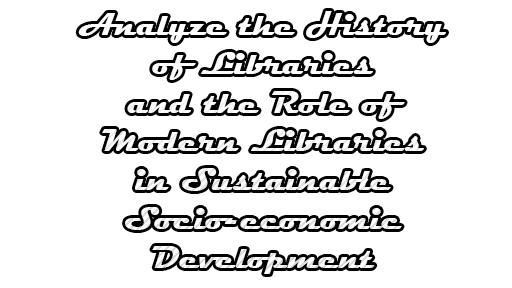
1. History of books and libraries: The history of books and libraries can be traced back to ancient times when people started using symbols to represent language. The earliest known example of written language is the cuneiform script used by the Sumerians and Babylonians on clay tablets. The Egyptians used papyrus as a writing material, which was easier to produce than clay tablets. The Greeks and Romans used parchment and vellum made from animal skins, which were more durable than papyrus. In medieval times, paper made from rags became the preferred writing material in Europe.
2. The development of writing materials: The development of writing materials revolutionized the way information was stored and disseminated. The use of paper, which was invented in China around 105 AD, made books cheaper to produce, which led to the widespread dissemination of knowledge. The invention of the printing press in the 15th century further accelerated the spread of information and helped to democratize access to knowledge.
3. Ancient and medieval libraries: The ancient world saw the development of great libraries such as the Library of Alexandria in Egypt, which was founded in the 3rd century BC and was one of the largest and most important libraries of the ancient world. The library housed hundreds of thousands of papyrus scrolls and attracted scholars from all over the world. The Library of Alexandria was destroyed by fire in the 3rd century AD, and many of its books were lost.
In medieval Europe, monastic libraries played a crucial role in preserving knowledge. Monks were often the only people who could read and write, and they copied books by hand to preserve them. Monastic libraries also played a key role in the development of scholarship and education.
4. Libraries of the modern ages: In the modern era, libraries have continued to evolve and adapt to changing technology. The advent of digital technology has had a significant impact on libraries, with many libraries now offering digital resources and services. Libraries have also become important community hubs, offering programs and services that support lifelong learning, economic development, and civic engagement.
Libraries are also playing a critical role in promoting sustainability. Many libraries are now offering resources and programs on environmental issues such as climate change and sustainable development. Libraries are also promoting sustainable practices by offering resources on topics such as green living, sustainable energy, and reducing waste.
In summary, the history of books and libraries has been shaped by the development of writing materials and technology. Libraries have played a vital role in the preservation and dissemination of knowledge and have adapted to changing technology to remain relevant. In the modern era, libraries have become important institutions for sustainable socio-economic development, promoting literacy, lifelong learning, and sustainability.

Library Lecturer at Nurul Amin Degree College

